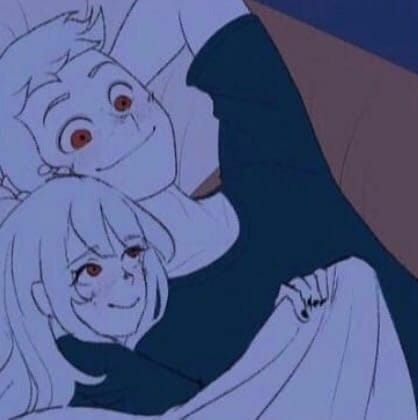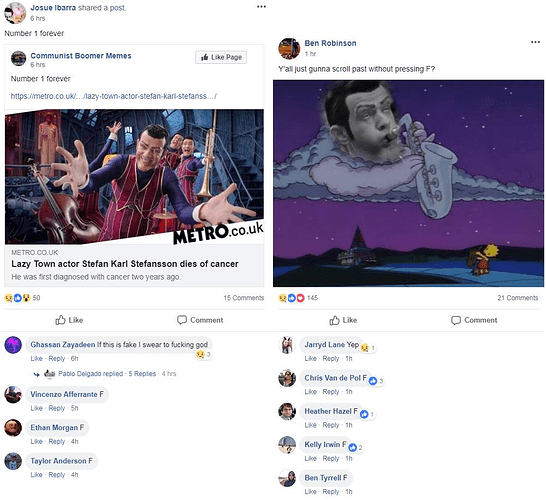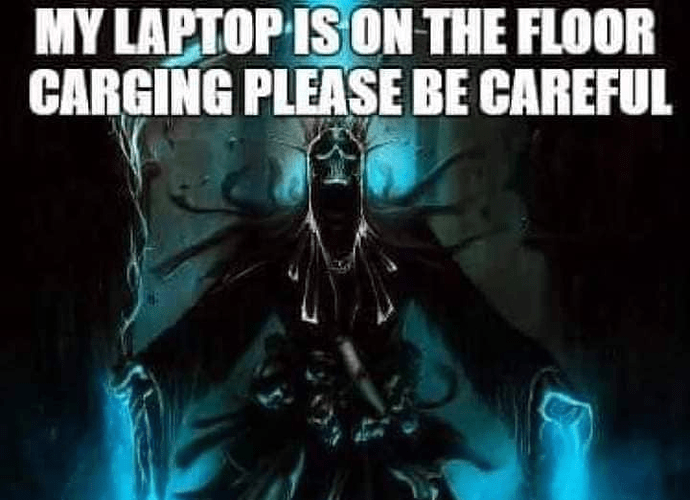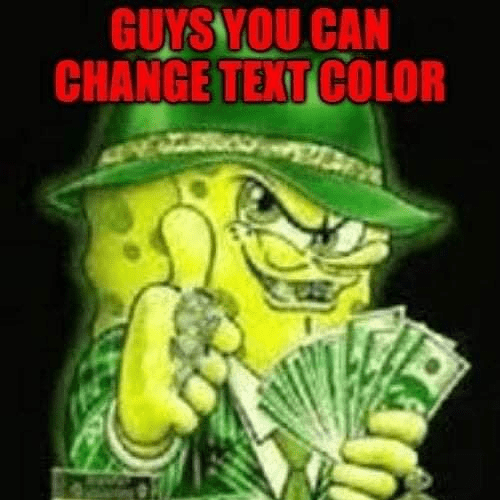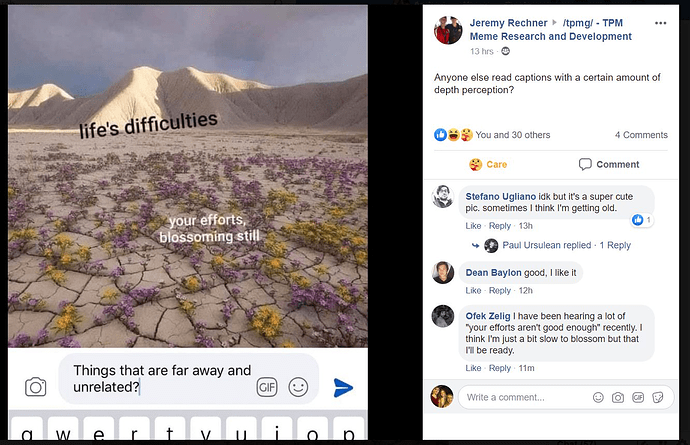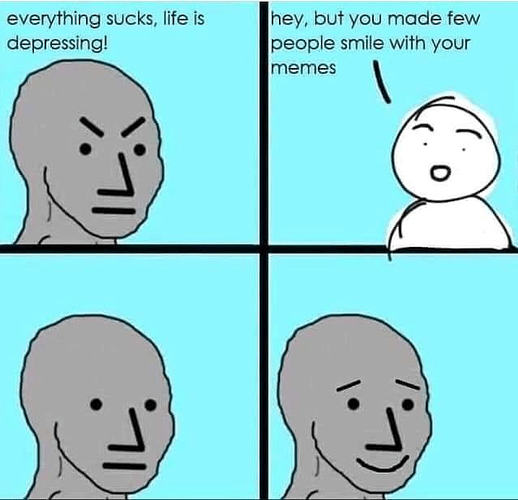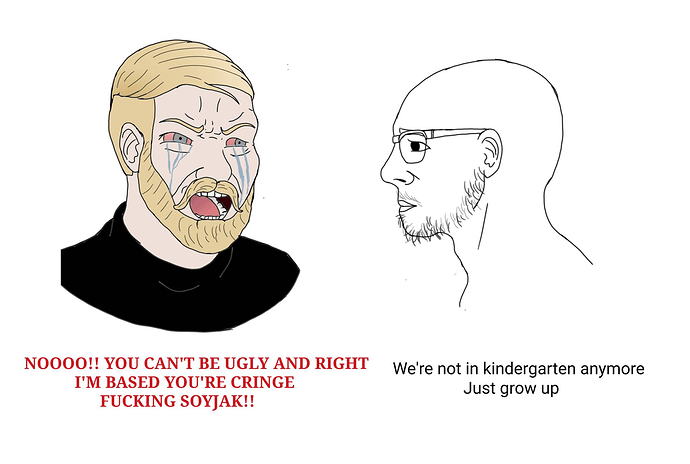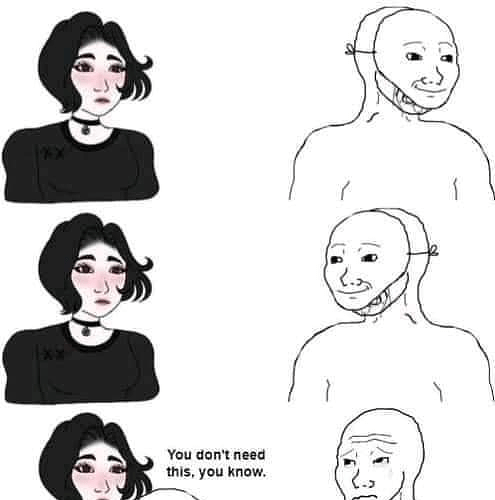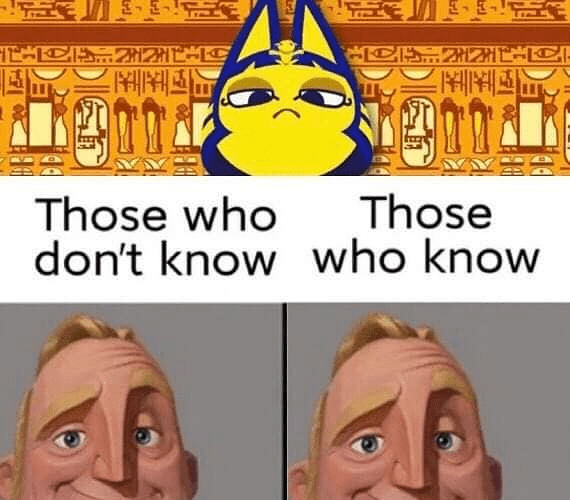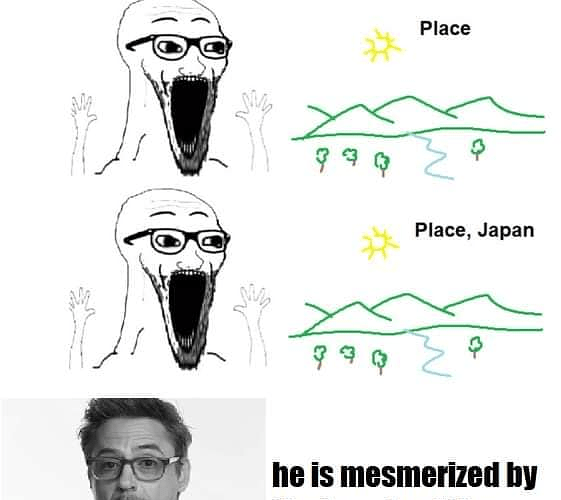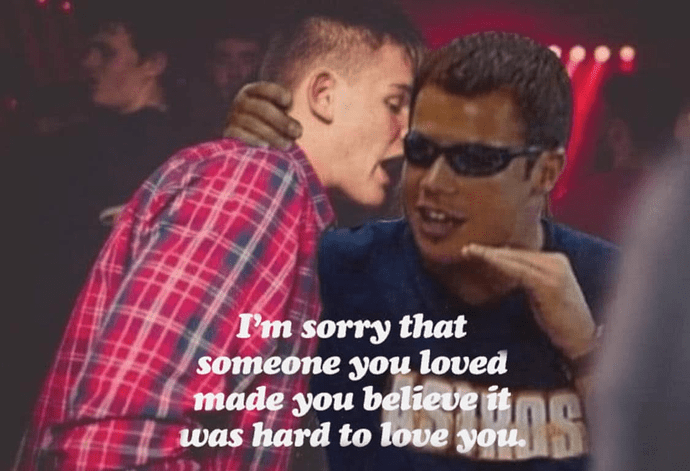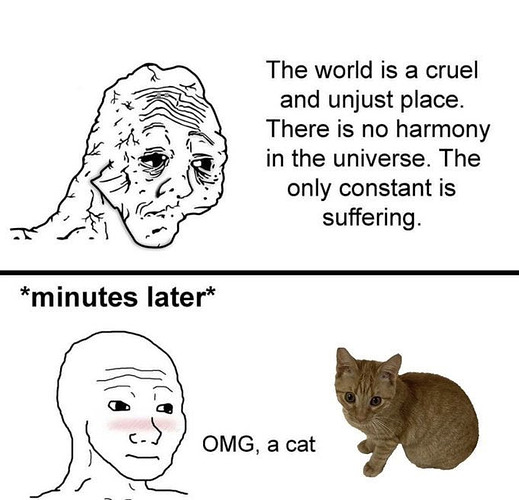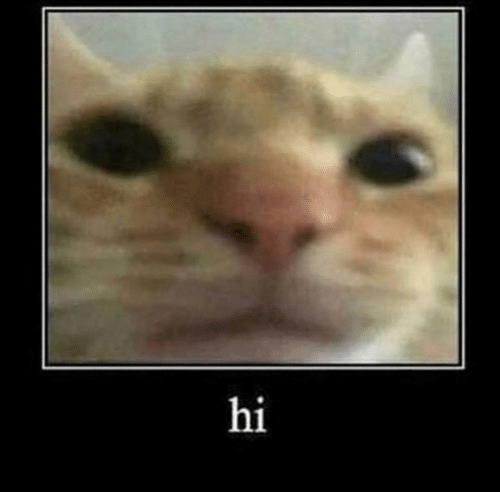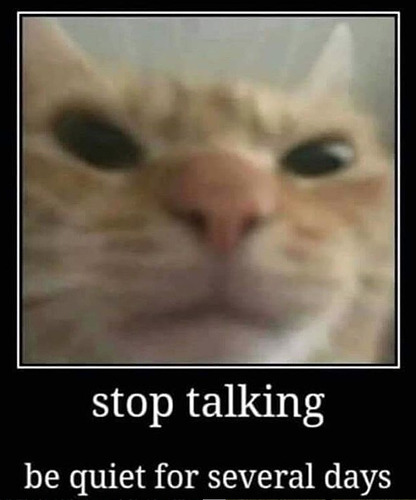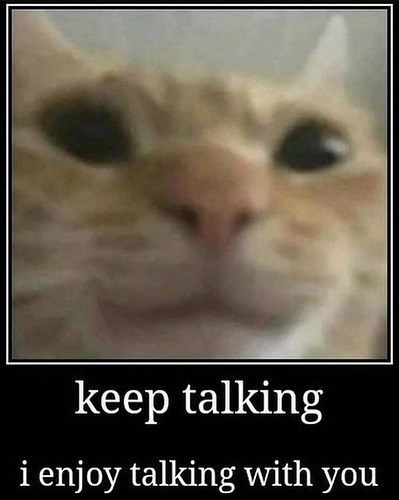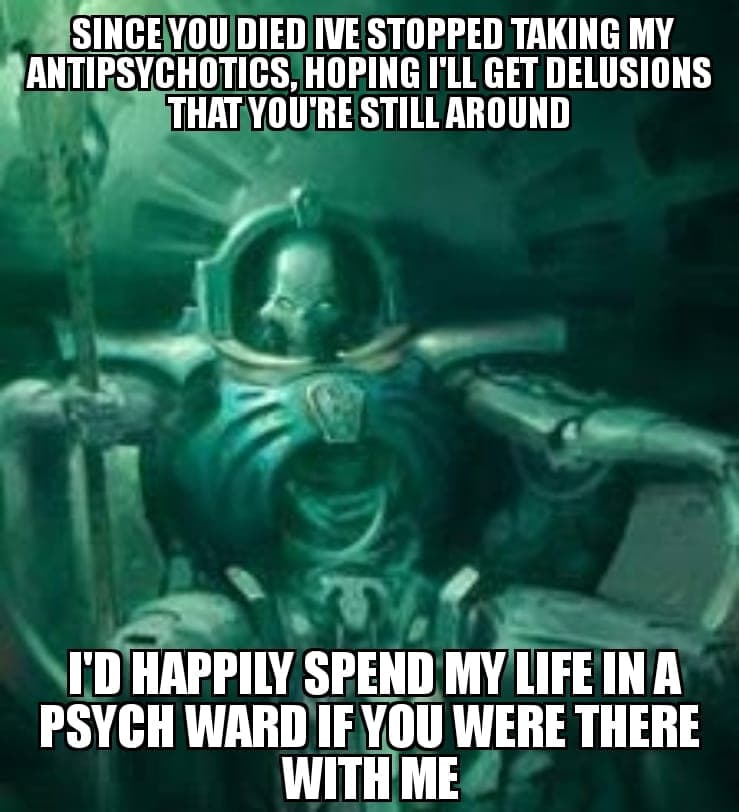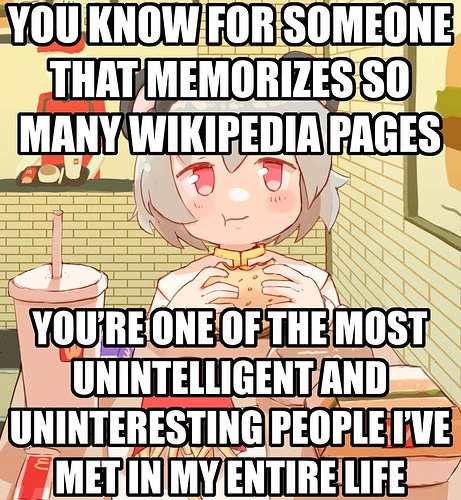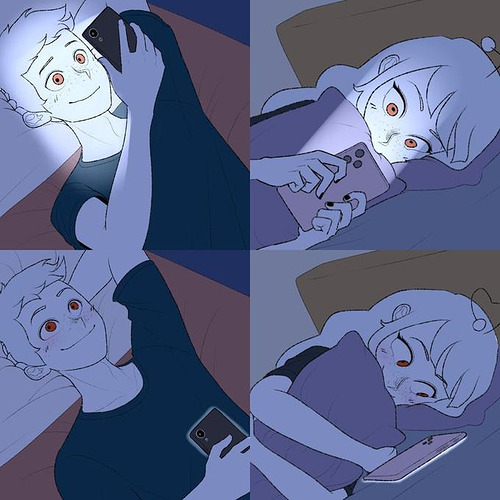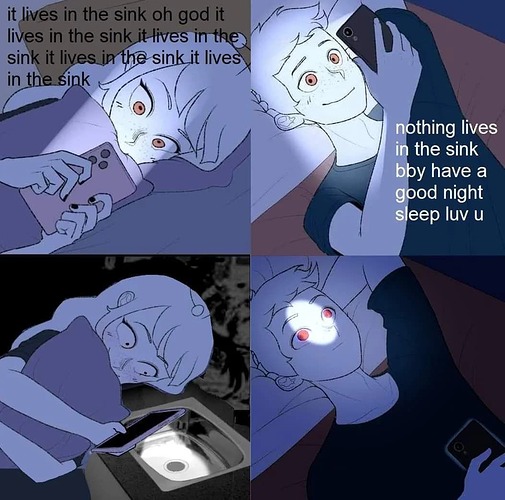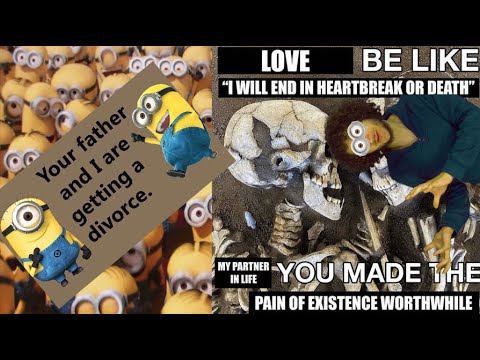Since last year, @Jreg and I have met to chat about the layers of irony several times. The first time we chatted on his stream, I mentioned that wholesome memes are a paradigmatic case of post-irony. He requested some examples of discussions around this idea, so I went and found some from /tpmg/ (our private discussion group attached to the The Philosopher's Meme).
I'll offer some commentary in the replies below, as a way to review and revisit the discussions from the past 5 years. There's also a lot of additional discussions in the /tpmg/ threads linked within each section from when each thread was initially created.
/tpmg/ posts about wholesome memes
(2017) "Dat Boi was the first meme of the 2nd Wave of Wholesome Memes"
- Author: Andrew Guthrie
- 2017-02-22
Random Thought: Dat Boi could be considered a catalyst of the 2nd-wave "wholesome memes" trend*.
Dat boi spiked ~May 10 of last year and ended the rapid drop-off end of June. By comparison the first (albeit small) jump in searches for "whole some memes" started end of June and spiked starting on July.
Dat boi was a very basic, cutesy meme that had an almost entirely positive body of work centered around it. It never got subverted like pepe or trash dove and never gained any actual meaning beyond its literal representation. The humor was entirely "haha what a cute amusing frog". In a sense it was the first 2nd-wave wholesome meme*.
*1st wave happened with the start of /s4s/ without a doubt, according to google trends the first spike in the search for "meme/memes" happened several months after /s4s/ was made. Which raises the question of /s4s/ literally starting the main-stream-ification of memes period.
EDIT: It was subverted but apparently it was obscure enough that it didn't matter. I guess because it didn't make headlines like trash dove or pepe did. Also I guess it mostly makes sense as the link introduced the mainstream to the idea of memes as able to be pure/wholesome.
(2018) "Postironic usage of "Press F to pay respects" on social media"
- Author: Alex Smith
- 2018-08-22
'Press F to pay respects' was a product of poor writing in 2014's Call of Duty: Advanced Warfare and so was rightfully made fun of at the time. While it was generally used sarcastically in the past, it has developed into the de facto sincere expression of sympathy/sadness/mourning/respect in the memesphere. In a similar way to the use of 'sad' reaccs in general, saying 'F' walks a fine line, in that a (hopefully) correct interpretation of the intent (sincere vs joke) relies on knowledge of both the material being reacted to and the demographic that is reacting. This appears to be typical of many reactions/frequently used symbols in social networks (haha, wow, angery interpretation depending on literacy of both the reacter and the viewer, winking emojis etc). Is this evolution to be expected, or just a product of circumstance?
(2019) "'Muscular men on laptops' are developing into a new format"
- Author: Josh Bingham
- 2019-10-29
Muscular man at laptop now developing into a slightly new format?
(2020) "Postironic usage of Impact font on 'bad ass' images"
- Author: Red Sales
- 2020-05-08
need more memes with this energy
wholesome with deviations in form and dark-cringe imagery
(2020) "The effectiveness of wholesome memes depends on genuineness rather than humorousness"
- Author: Andrew Goose
- 2020-05-21
I have an interesting question. It seems that for memes that are meant to be wholesome/inspiring/whatnot, the effectiveness of said meme primarily relies on the meme being genuine, moreso than being funny. How do determine whether a meme is genuine?
From initial thought, a genuine meme could mean that you spent a lot of time making it, but I could spend many hours formulating memes and still fail to make a good wholesome meme. The wholesome meme at the end could also come across as forced and unmeaningful.
Just pondering
(2020) "The 'Are ya winning, son?' meme has become wholesome"
- Author: Josh Bingham
- 202-06-09
I, for one, am absolutely loving the "are ya winning son" template so thought we could start a thread about what has made it so successful.
Is it the simpleness of the image that allows a huge variety of new modifications or is it the fact that it is a relatable scenario for some of us?
Also, the meme initially implied that the father would be disappointed at what the son was doing on the computer. The recent resurgence seems to have created many more wholesome variants. Is this a trend that exists across the internet?
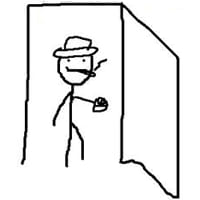
(2020) "Positive, wholesome variants of NPC memes"
- Author: Wesley Boers
- 2020-06-27
Gotta love those positive wholesome variations.
(2020) "A rare wholesome spin on the trolley problem meme"
- Author: Dana Creasman
- 2020-12-07
A rare wholesome spin on the trolley meme. I particularly like the way it's clear "an everyone thinks you're cute" was added by another person, meaning someone wanted to make it extra wholesome.
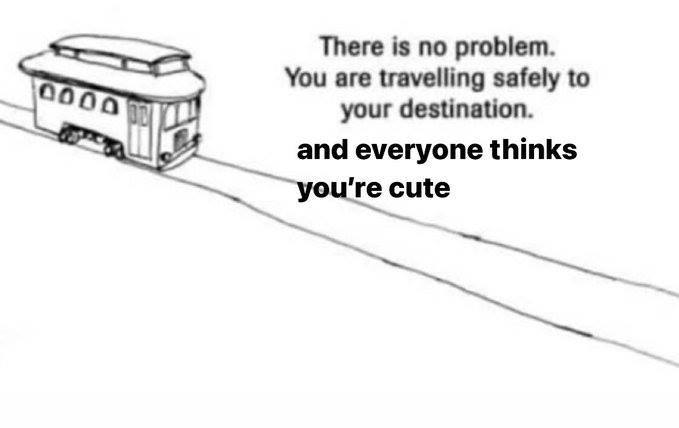
(2021) "Wholesome memes VS Anti-memes"
- Author: Hamish O'Malley-King
- 2021-10-04
Whereas many meme trends are predicated on the postironic insistence in childlike or naive worldview, e.g. That the masculine chadlike figure is inherently right, the anti-meme is an approach to the same situation yet in a adult and realistic sense. Would it be fair to say that anti-memes are so uncomfortable and seemingly self-reflexive only because of the abundance of childish content found online? Does the dichotomy of Chidlike and Mature memes contain just as little nuance as the Virgin vs. Chad and defeat the point of this entire post? Who knows
Pls remove if this has already been posted my bad
(2021) "The male subject in the wholesome meme"
- Author: Malte Sigsgaard
- 2021-10-05
These types of memes are all over fb and have been for months. What I find might merit further reflection is the constant presence of a female figure that explicitly or implicitly allows the male/the reader to be a feeling subject. While on the first layer of analysis, I think the clear implication is that society places unfair expectations of outward strength on men. but on a second layer, the male/subject/wojack character is incredibly handicapped by his need for the fantasy of a girlfriend/mother amalgam, pure femininity in order to process emotion genuinely. Why is the female presented as a necessary vehicle for male solace, or is it development? More interestingly, can we imagine this type of meme about gaining authenticity with only the subject and his deeds or thoughts? Are there any good examples of this?
(2021) "Anti-memes subvert and negate the memes we have become comfortable with"
- Author: Andrew Walker Mk II
- 2021-09-22
What do you think of these anti memes? It seems to be a more and more popular meta that has been negating memes that we are comfortable with.
(2021) "(OC) Wholesome version of the 'man explaining to uninterested woman' meme"
- Author: Marianna Boiano
- 2021-12-27
found here this template and i loved it so much that i create my personal version:
it is difficult, but when there is a balance between listening and being heard, you find a soulmate
(2022) "A new, wholesome version of a meme that was already wholesome to begin with"
- Author: Adam Mistry
- 2022-03-17
The Happy Ending. Usually memes end with the characters in despair or a joke scenario. I suppose this is a branch of "Wholesome memeology". When a meme ends with the characters and forces reconciled in the ideal or the "Good".
